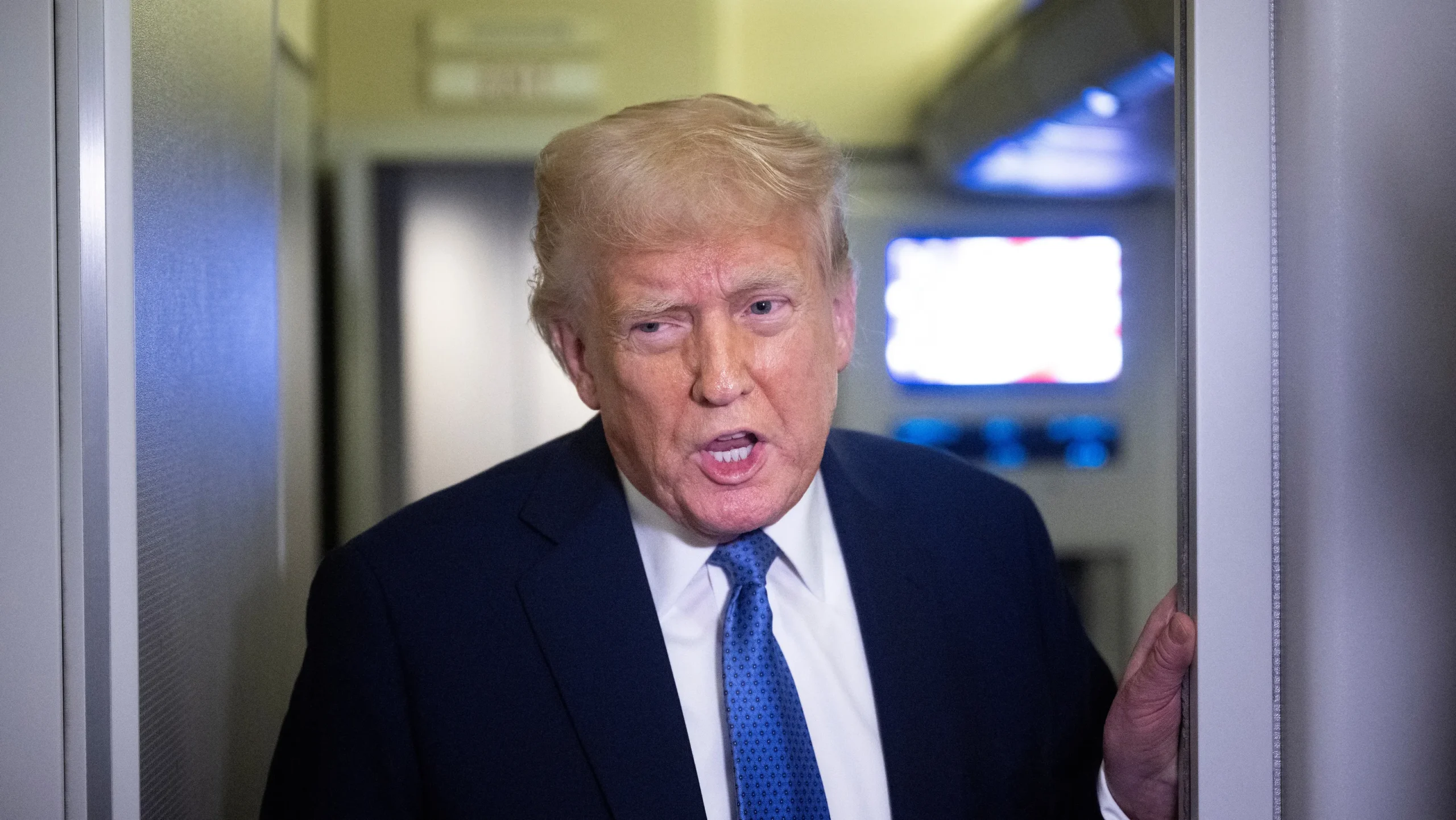A dispute Thursday between key members of Congress and President Donald Trump threatens to complicate negotiations over federal spending priorities, at a time when he is moving to dismantle federal agencies and fire tens of thousands of workers.
The clash over nearly $3 billion Trump is refusing to spend is a relatively small part of the recently approved spending bill that funded the government through Sept. 30. But the conflict is at the heart of the dispute over whether Trump or lawmakers determine how much the government should spend.
Lawmakers contend the Constitution assigns them the responsibility to decide how much to spend. But Trump and his allies argue Congress sets limits while he can spend less than lawmakers provide.
Senators: president doesn’t have a line-item veto
Trump notified Congress on Monday he refused to spend nearly $3 billion that stemmed from a June 2023 emergency spending deal. The recently approved spending bill continued the same funding levels as negotiated in the previous Congress, before Trump took office. Trump declared the funding isn’t “truly for emergency needs” and refused to spend it.
But the top members of the Appropriations Committees in the Senate and House said Trump’s move would jeopardize more than $12 billion in emergency funding. The provisions in the spending legislation approved earlier this month included $8 billion for rental assistance for 7 million people; $2.1 billion in food and medicine for starving people, and for military support abroad; $900 for NASA and $600 million to combat drug trafficking.
Sens. Susan Collins, R-Maine, and Patty Murray, D-Wash., said Trump had to either veto the whole bill or spend the funding provided.
“Just as the President does not have a line-item veto, he does not have the ability to pick and choose which emergency spending to designate,” the senators wrote Thursday to Russell Vought, director of the Office of Management and Budget. “Notably, this interpretation has been adopted by Administrations of both political parties – including during the first Trump Administration.”
The bill said the money is available “only if the President subsequently so designates all such amounts and transmits such designations to the Congress.”

